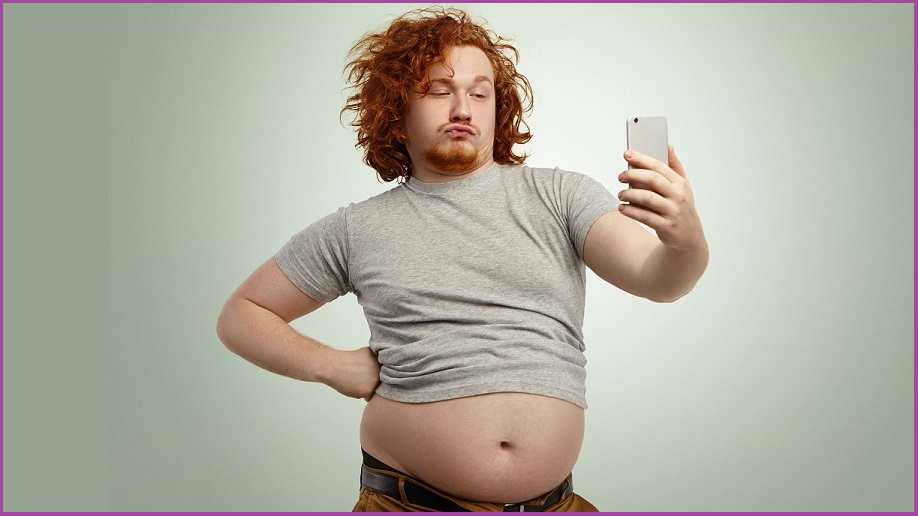Chinese social media giant TikTok has been suppressing posts from users deemed to be “ugly” or living in “shabby and dilapidated” locations, according to leaked documents.
TikTok is a Chinese video-sharing social network, owned by Beijing-based firm ByteDance, with more than 1 billion users.
The company has faced widespread concerns that it is censoring content on the platform, with little transparency around how it bans or promotes certain videos.
Uncovered by The Intercept, TikTok’s content moderation policy documents reveal that along with burying content from users deemed to be unappealing, the company is also censoring content that discusses sensitive topics, including things that defames politicians or endangers “national honour and interests”.
The guidelines provide instructions on what content to remove from the “For You” section, which displays posts to other users on TikTok.
The “ugly content policy” said that users with an “abnormal body shape, chubby, have obvious beer belly, obese or too thin”, will not be featured, along with those lacking front teeth, with “too many wrinkles” or obvious facial scars.
“Unlike diversified videos of which the content itself is the mainly [sic] focus, in the non-diversified content, the character himself / herself is basically the only focus of the video, therefore, if the character’s appearance of the shooting environment is not good, the video will be much less attractive, not worthing [sic] to be recommended to new users,” the guidelines state.
Just look at this place
Videos are also suppressed based on the environment they were filmed, with moderators on the lookout for “shabby and dilapidated” backdrops, including “slums, rural fields, dilapidated housing and construction sites”.
“The kind of environment is not that suitable for new users for being less fancy and appealing,” they said.
The TikTok content moderators were also instructed to check the backdrop of videos for cracked walls and “disreputable decorations”.
Any users with any of these things were then hit with an “algorithmic punishment”, according to The Intercept, with TikTok “artificially” reducing the number of viewers for their videos.
According to TikTok spokesperson Josh Gartner, these guidelines are out-of-date and not currently in use, and were an “early blunt attempt at preventing bullying, but are no longer in place, and were already out of use when The Intercept obtained them”.
The guidelines also revealed how TikTok deals with “controversial content” on its livestreaming feature, with a wide array of content being taken down and censored.
Moderators were instructed to remove any streams about “endangering national security, national honour and interests, divulging state secrets, inciting subversion of state power, documents, speeches and images and videos that undermined national unity”.
Content that caused the “uglification or distortion of local or other countries’ history” was also taken down, including references to the Tiananmen Square massacre.
Doing any of these things in a livestream would lead to a permanent ban from the platform, the guidelines said.
Don’t upset Beijing
Users were also not allowed to broadcast about state organs including police or military, and doing so led to a three-day ban.
According to The Intercept, these strict guidelines were put in place so TikTok could ensure the “rapid growth in the mold of a Silicon Valley startup while simultaneously discouraging political dissent with the sort of heavy hand regularly seen in...China”.
There have been long-running concerns over censorship on the Chinese social media platform, with revelations late last year that the company was censoring content that didn’t please the Chinese government.
Reports revealed that moderators were being instructed to remove videos mentioning Tiananmen Square, Tibetan independence and banned religious groups.
There were also widespread concerns that posts mentioning the Hong Kong protests were being censored on TikTok.










